Support


Copyright © 2025, All rights reserved. Maje Accounting CPA
As a small business owner in Canada, you know that managing finances is crucial to your success. One of the most effective ways to ensure your business remains profitable and financially healthy is by taking full advantage of tax write-offs. Understanding and utilizing these write-offs can significantly reduce your taxable income and, consequently, your tax liability. Here’s a comprehensive guide to help you navigate the world of tax deductions and optimize your savings.
Tax write-offs, or deductions, are expenses that you can subtract from your total income to determine your taxable income. By reducing your taxable income, you effectively lower the amount of taxes you owe. For small businesses, these write-offs can make a substantial difference in financial outcomes and profitability.
Key Tax Write-Offs for Small Businesses in Canada
Business expenses are the costs incurred while running your business. These include:
Office Supplies: Pens, paper, and other office essentials are deductible.
Utilities: Expenses for electricity, water, and internet services used for business operations.
Rent: If you lease office space or a storefront, this is a deductible expense.
Note: For home-based businesses, you can also deduct a portion of your home expenses, such as rent or mortgage interest, property taxes, and home insurance, proportional to the space used for business purposes.
If you use a vehicle for business purposes, you can claim deductions for:
Fuel: Gasoline and diesel used for business activities.
Maintenance and Repairs: Costs for servicing and repairing your vehicle.
Insurance: The cost of insurance premiums for the vehicle.
Depreciation: You can also claim a portion of the vehicle’s depreciation.
Important: Keep a detailed logbook of your business-related travel to substantiate these expenses.
When conducting business, you may incur costs for meals and entertainment. The Canada Revenue Agency (CRA) allows you to deduct 50% of these expenses if they are directly related to earning business income. This includes:
Client Meals: When entertaining clients or potential business partners.
Business Meetings: Meals and entertainment during business meetings.
Tip: Always keep receipts and document the purpose of the meal or entertainment to ensure they qualify for the deduction.
Fees paid to professionals for services related to your business are deductible. This includes:
Accountants: Costs for bookkeeping, tax preparation, and financial advice.
Legal Fees: Expenses for legal consultations and services directly related to your business operations.
Wages paid to employees are a significant deductible expense. This includes:
Salaries: Regular payments to employees.
Benefits: Contributions to employee benefits, such as health insurance or retirement plans.
Note: If you pay yourself a salary as a business owner, this is also considered a deductible expense.
Costs associated with promoting your business are deductible. This includes:
Digital Advertising: Costs for online ads, social media campaigns, and email marketing.
Print Advertising Expenses: for brochures, flyers, and other printed marketing materials.
Website Development: Costs for creating and maintaining your business website.
Capital expenses refer to the cost of purchasing or improving assets that have a useful life beyond the current year. Examples include:
Equipment: Computers, machinery, and tools necessary for your business.
Furniture: Office desks, chairs, and other furnishings.
Improvements: Renovations or upgrades to your business premises.
Depreciation: Instead of deducting the full cost in one year, these expenses are typically depreciated over their useful life.
Investing in education and training to improve your skills or those of your employees can be a deductible expense. This includes:
Courses: Fees for workshops, seminars, and courses relevant to your business.
Certifications: Costs associated with obtaining professional certifications.
If you have uncollectible debts that were previously included in your income, you may be able to deduct these bad debts. Ensure you follow CRA guidelines for writing off bad debts to ensure they are eligible for deduction.
Record-Keeping Tips
To maximize your tax write-offs and avoid issues during an audit, proper record-keeping is essential. Here are a few tips:
Maintain Detailed Records: Keep receipts, invoices, and financial statements organized.
Use Accounting Software: Invest in accounting software to track and categorize expenses accurately.
Regularly Review Expenses: Periodically review your expenses to ensure all deductible items are accounted for.
Conclusion
Understanding and leveraging tax write-offs can provide significant financial benefits for your small business. By carefully tracking and documenting your expenses, you can reduce your taxable income and lower your tax liability. Always stay informed about current tax regulations and consider consulting with a tax professional to ensure you’re maximizing your deductions while remaining compliant with CRA requirements. With careful planning and attention to detail, you can keep more of your hard-earned money and reinvest it into growing your business.

